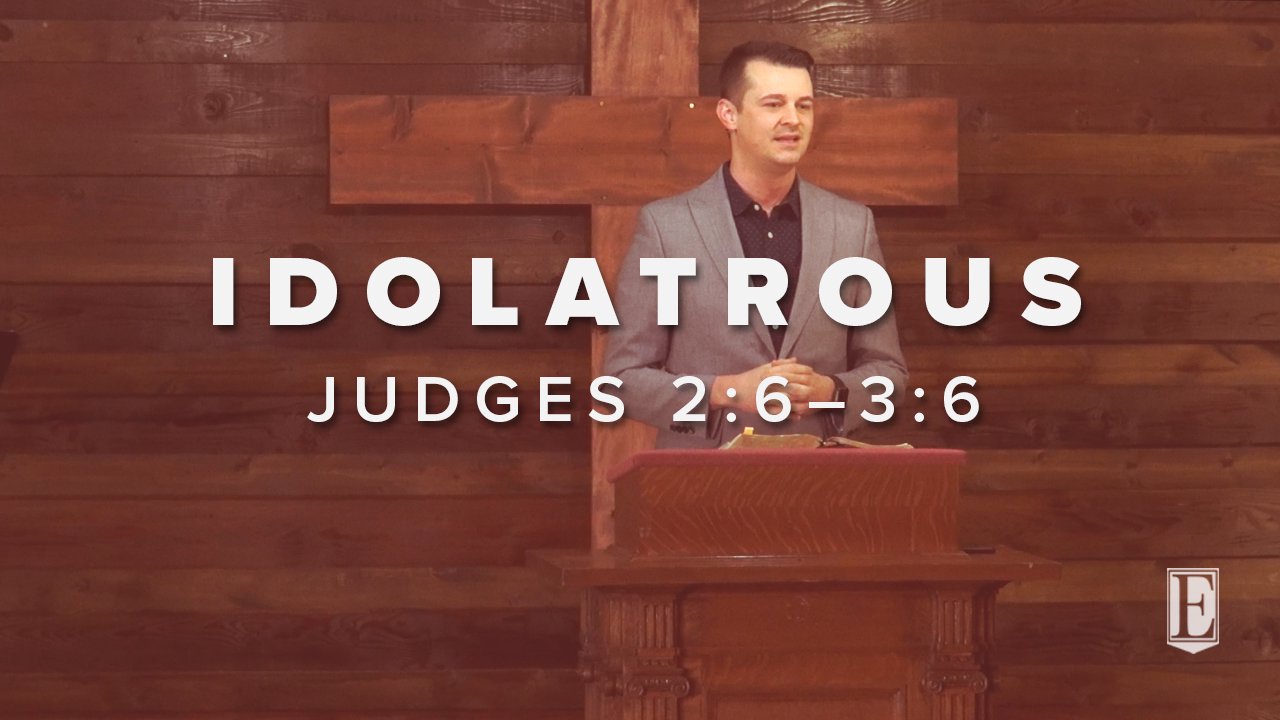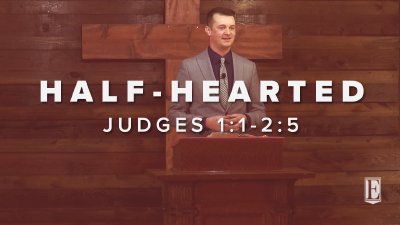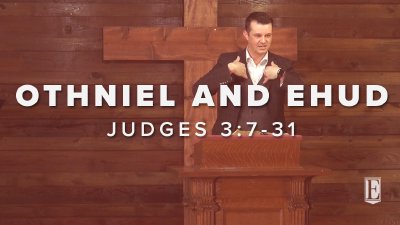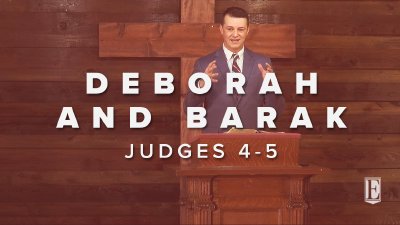DISCUSSION
1. Read verses 6-10. What marked the people of God during the time that Joshua and his fellow elders lived? What happened after the generation of Joshua? How should this sober us as we teach the next generation and make disciples in our day?
2. Read verses 11-15. What are some of the words used to describe what the people of Israel did after the death of Joshua and his generation? What are some of the words used to describe the LORD’S response to their apostasy? *apostasy: “abandonment of former faith.”What is the state of the people of Israel as described in verse 15? How do we see the sovereignty of God in these verses as opposed to a naturalistic view of history?
3. Read verses 16-23. These verses serve as a summary of the entire book of Judges. What did the LORD do in response to the “terrible distress” of the people? What did the people do in response to the LORD sending them Judges to save them? What else stands out to you in these verses and why?
4. Read chapter 3 verses 1-6. Why did the LORD leave the other nations among the people of Israel according to verse 2? Why did the LORD leave the other nations among the people of Israel according to verse 4? Is testing the same thing as tempting? How do James 1:13 and 1 Peter 4:12-13 help clarify?

IDOLATROUS: Judges 2:6-3:6
Judges 2:6-3:6
January 19, 2020 • Brett Baggett
More from
Judges 2020







